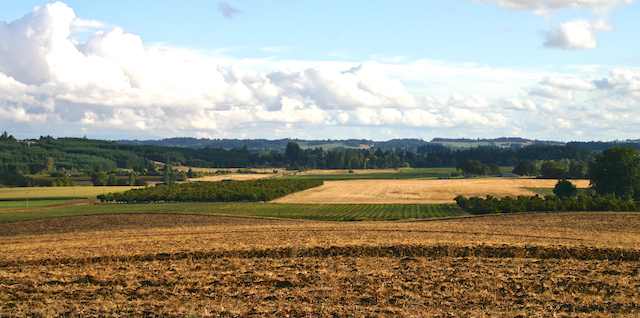Lawsuit targets logging in Colville National Forest
Published 2:47 pm Wednesday, May 15, 2024

- Cargill to pay $70,000, plus legal fees, to Washington environmentalists
A Montana environmental group sued the U.S. Forest Service on Tuesday to stop logging initiated by the Kalispel Tribe of Indians, who are concerned wildfires will start in overstocked federal forests and burn onto tribal lands in northeast Washington.
The Alliance for the Wild Rockies alleges the Forest Service didn’t scrutinize the effects of logging, controlled burns and road-building on 40,300 acres in the Colville National Forest in northeast Washington.
The alliance filed the lawsuit in the U.S. District Court for Eastern Washington. Efforts to obtain comment from the Forest Service were unsuccessful.
The suit targets the Sxwuytn-Kanisksu Connections Trail Project, a 20-year plan to reduce fire hazards on federal, state, tribal and private land over 141 square miles in Pend Oreille County.
The Forest Service, tribe and state Department of Natural Resources developed the project.
Besides making forests less prone to raging fires, logging and thinning overstocked stands of timber will help the local economy, improve habitat for wildlife, and allow grass and shade-intolerant trees to grow, according to Forest Service documents.
Although the project includes logging more than 24,000 acres in the national forest and building 57 miles of road, the project will not have a significant impact on the environment, according to a Forest Service assessment.
The Tribal Forest Protection Act allows tribes to propose projects on federal land to protect adjacent tribal land. The Kalispel tribe asked the Forest Service in 2018 to reduce fire risks in the national forest.
“We believe an ‘All Lands-All Hands’ approach, involving all parties is a bold and necessary step to improve the current ecosystem conditions,” according to a tribal statement.
Suit: Not enough study
The alliance asserts the Forest Service should have done an environmental impact statement, rather than the shorter environmental assessment.
The assessment gave short-shrift to carbon emissions from logging and their potential contribution to climate change, the lawsuit claims.
The lawsuit also alleges the assessment didn’t thoroughly investigate how timber harvests, prescribed burns and road-building would impact wildlife such as lynx, grizzly bears, wolverines and wolves.
More wolves may be poached if new or improved roads open access to wolf territories, according to the lawsuit.
The Alliance for the Wild Rockies has prominent supporters, according to its website, including former President Jimmy Carter; Sen. Sheldon Whitehouse, D-R.I.; music legend Carole King; and singer Gloria Estefan.






